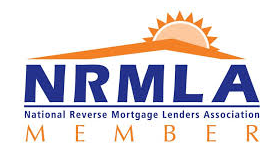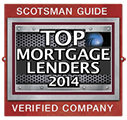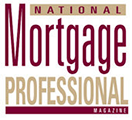What is a Reverse Mortgage Loan?
A reverse mortgage loan is a type of mortgage that is specifically designed for older homeowners who want to access the equity they have built up in their homes without having to sell their property or take out a traditional home equity loan. The loan enables homeowners to access a portion of their home's equity by borrowing against it, rather than selling the property or taking out a traditional home equity loan which requires regular payments.

Types of Reverse Mortgage Loans
There are various types of reverse mortgage loans available, each with its own unique features. The most common type of reverse mortgage loan is the Home Equity Conversion Mortgage (HECM). This federally insured program is available to seniors and allows them to borrow against their home's equity without having to repay the loan until they sell the property, move out, or pass away. The loan amount that can be borrowed is based on the borrower's age, the value of the home, and the current interest rate.
Proprietary reverse mortgages, commonly called Jumbo Reverse Mortgages, are private loans that are backed by the companies that offer them. These loans may offer higher loan limits and more flexible terms than HECMs, but they are not insured by the federal government. A Jumbo Reverse Mortgage is another option designed for homeowners with high-value homes. It fills a void created by the lending limits of the Federal Housing Administration's (FHA) Home Equity Conversion Mortgage (HECM) loan program. Jumbo Reverse Mortgages are a type of Home Equity Conversion Mortgage that enables property owners aged 55+ years and older to convert their home's equity into cash without the need to sell the property.
Who Qualifies for a Reverse Mortgage Loan?
To qualify for a reverse mortgage loan, they must live in the home as their primary residence. The home must be a single-family home, a multi-family home with up to four units, a condominium, a townhouse, or a manufactured home that meets certain standards.
Key Features of a Reverse Mortgage Loan
One of the key features of a reverse mortgage loan is that the borrower does not have to make mortgage payments as long as they live in the home. Instead, the loan balance accrues over time with interest and is only due when the borrower sells the property, moves out, or passes away. The borrower also retains ownership of the home and is responsible for maintaining it, paying property taxes, and keeping up with any other expenses related to the property.
Another key feature of reverse mortgage loans is the "non-recourse" aspect, which means that the borrower or their estate will never owe more than the value of the home when it is sold. This is because the loan is insured by the Federal Housing Administration (FHA) which guarantees that the lender will be repaid even if the loan balance exceeds the home's value.










